Cheetos are made by blending corn and water with a few other additives.
Cheetos contain nothing inherently dangerous to cats so if your cat eats a few you don’t need to worry.
However, if you make a habit of regularly feeding your cat Cheetos then complications could arise from overconsumption of salt and carbohydrates.
You should also be wary of feeding your cat hot Cheetos as in some cases the heat can irritate their stomach lining and make them ill.
Contents
High Levels Of Sodium In Cheetos Are Dangerous To Cats
While a small amount of salt in your cat’s diet is necessary for normal development too much salt is very dangerous and could even be fatal.
Cheetos are considered to be extremely salty even for humans, so if your cat has even a small amount then watch out for the warning signs of salt poisoning.
Salt poisoning can cause:
- Vomiting
- Reduced appetite
- Excessive sleepiness
- Lack of coordination
- Dehydration / extreme thirst
In very serious cases excessive salt consumption can even cause:
- Seizures
- Comas
- Death
Too much salt is a very bad thing for your cat.
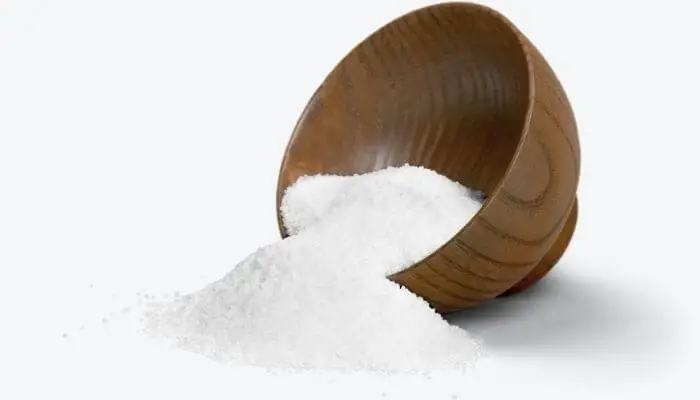
A study by the Scientific Advisory Board of the European Pet Food Industry Federation into sodium in feline nutrition recommended that adult cats should have up to 10.6 mg of sodium per kg of body weight per day.
So for an average 4kg cat that would equate to 42.4 mg of salt a day, most cats will get this much in their usual cat food.
Salt levels in Cheetos varies depending on the flavour your buy but most of them hover around 250mg per packet.
For example;
- Cheetos Crunchy has 247mg of salt per 28-gram packet.
- Cheetos Flamin’ Hot has 250mg of salt per 28-gram packet.
The smallest serving (28 grams) of Cheetos contains around 150mg of sodium.
The 28-gram serving contains roughly 21 chips, so if your cat were to eat just 3.5 Cheetos chips they would exceed their recommended sodium intake for the day without having eaten any of their own food!
Based on this you should give your cat no more than one chip in a given day to avoid significantly exceeding their recommended daily sodium intake.
That said a study that looked at the health of cats on high sodium diets (120mg a day) and compared them with cats on lower-sodium diets found that there was very little difference when it came to their risk of kidney and heart-related diseases, so you don’t need to worry too much if your cat regularly exceeds the RDA for sodium, just don’t let them significantly over-do it (by eating a whole packet of Cheetos!).
The same is also true of other high salt snack foods such as french fries and beef jerky which your cat may be tempted to try from time to time.
Cheetos Contain Lots Of Carbohydrates Which Cats Do Not Need
28 grams of Cheetos contains 15 grams of carbohydrates.
Cats are obligate carnivores which means that they get everything they need in their diet from meat.
Carbohydrates are simply not needed in a cat’s diet.
The ancestors of domestic cats came from the deserts where they lived exclusively on a diet of small prey such as mice, rats and birds.
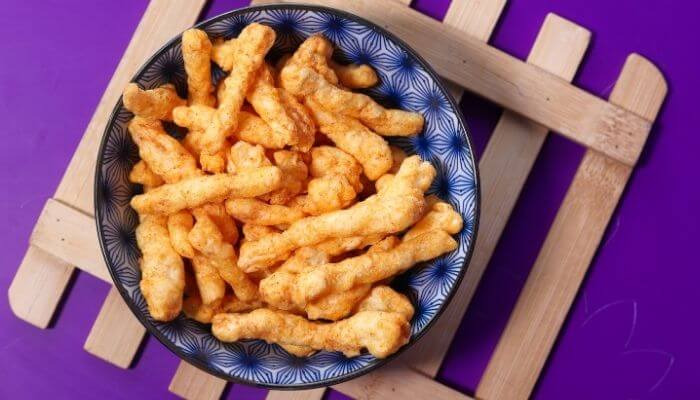
The best cat foods are high protein and low carbohydrate, this allows them to maintain their muscle mass while remaining very lean.
It is only since cats have been domesticated that we have introduced carbohydrates into their diets, in doing so we have given cats obesity problems and other related conditions such as type two diabetes, joint problems, and heart disease.
Cheetos are packed full of unneeded carbohydrates so should not regularly be fed to your cat.
While a few one-off Cheetos will have no impact on their health making a habit of feeding your cat some of your chips can have a long-term negative impact.
Can Cats Eat Hot Cheetos?
Very few cats will be interested in eating hot Cheetos as generally the heat will not appeal to them, however if your cat is one of the rare exceptions to this rule then you don’t need to worry…yes cat’s can eat hot Cheetos.
Cat’s tongues can’t process the flavour of spices so spicey flavours won’t necessarily put them off however they will sense the heat and for many cats one bite will be enough for them to decide they never want a hot Cheeto again…just make sure you have plenty of fresh cool water on standby for them!
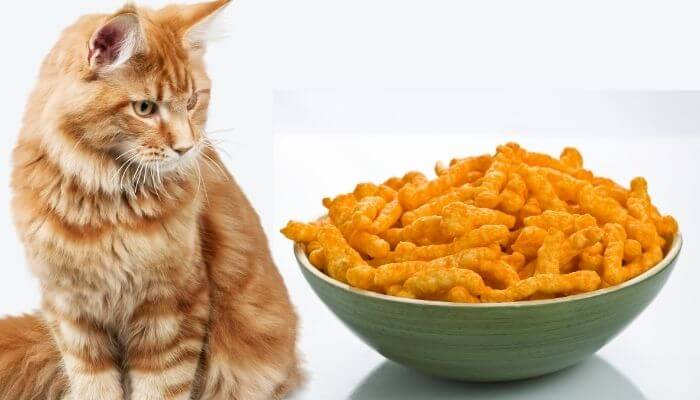
If your cat does eat hot Cheetos there are some things you need to be aware of.
While most cats will suffer no adverse effects from one or two hot Cheetos, depending on the heat there can be unpleasant consequences.
The main issue with hot Cheetos is to do with the chillies that they contain.
Chilli contains something called capsaicin which is released when the cheeto is chewed.
The capsaicin binds itself to the inside of the mouth causing pain, if you swallow it pain can also be experienced in the throat, stomach lining and anus (on its way out).
The stomach irritation can cause vomiting and diarrhoea in some cats.
Very hot Cheetos could also dehydrate your cat especially if diarrhoea is caused so always make sure plenty of cool water is available.
Even if your cat suffers no ill effects from the heat as with normal Cheetos, they should not become a regular or semi-regular part of your cat’s diet as over consumption could contribute to salt poisoning and weight gain as well as weight gain-related health conditions.
What To Do If Your Cat Eats Hot Cheetos
In most cases there is no need to do anything if your cat eats hot Cheetos.
If your cat wolfs down half a packet before realising that their tongue feels like it is on fire then here are a few things you can do:
- Offer them cool milk to drink (milk helps soothe the heat far better than water does).
- Make sure there is lots of water available for them to drink (chilli heat can cause dehydration, so make sure they have access to more water than usual for at least the next 24 hours).
You should also keep an eye out for any serious symptoms, such as those listed below, if you notice any get in touch with your vet immediately:
- Continual vomiting (more than a couple of times)
- Diarrhea lasting more than two days
- Lack of appetite

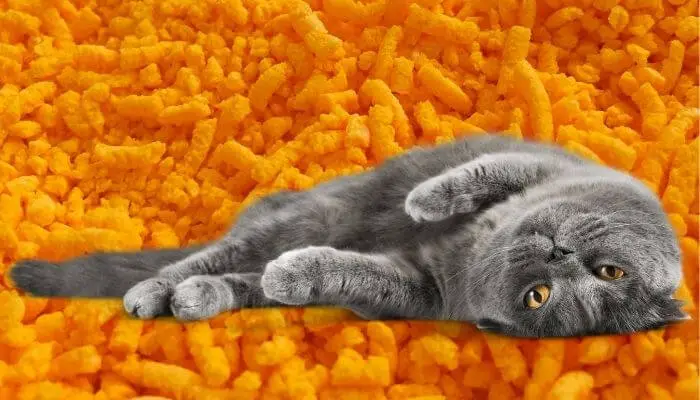
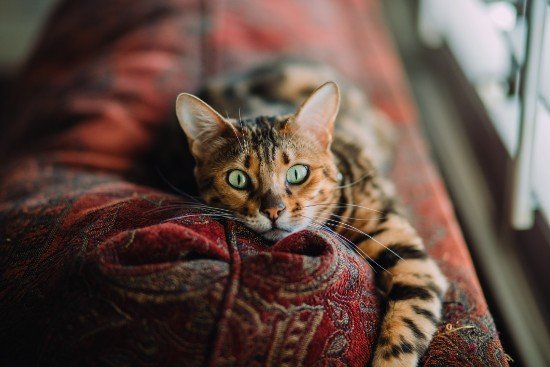
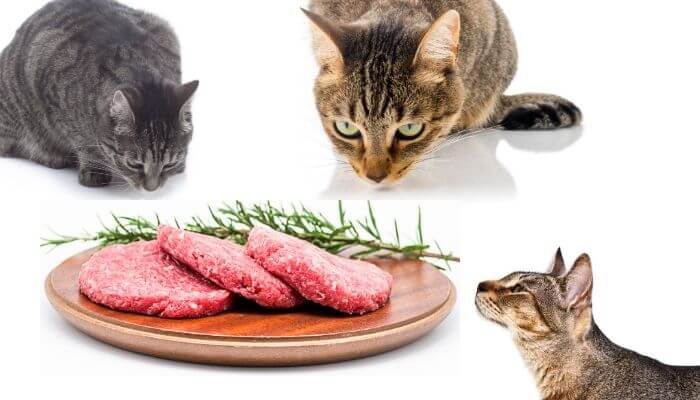
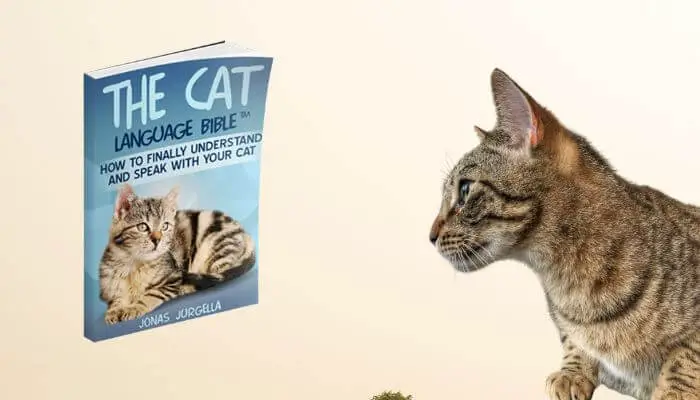
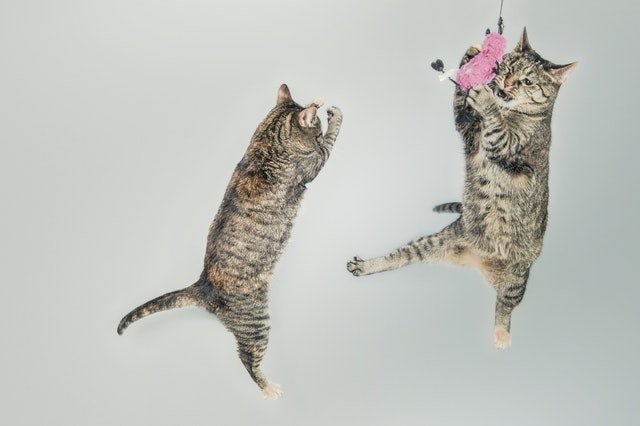
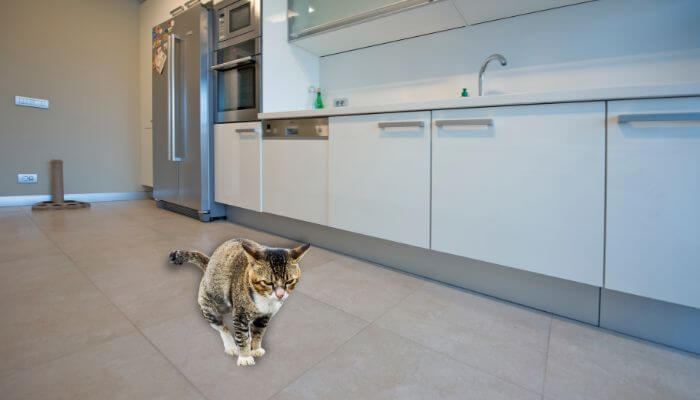
Leave a Comment